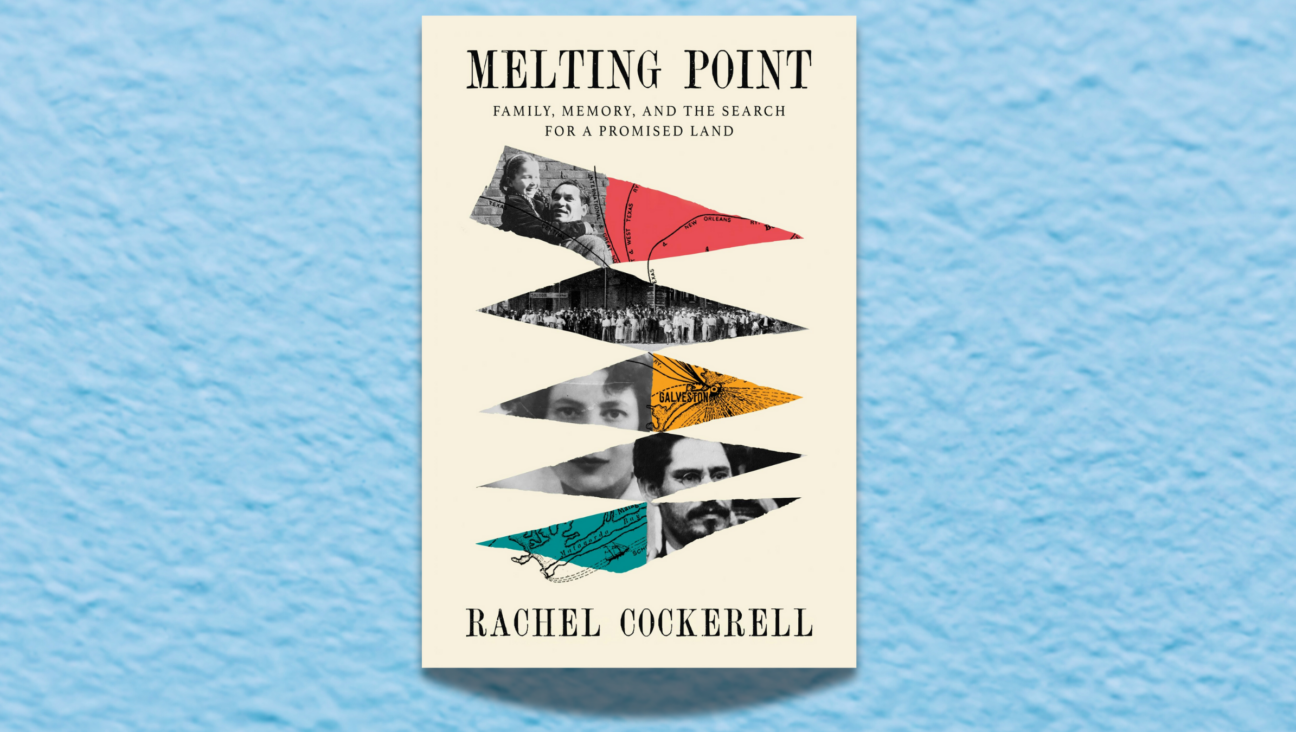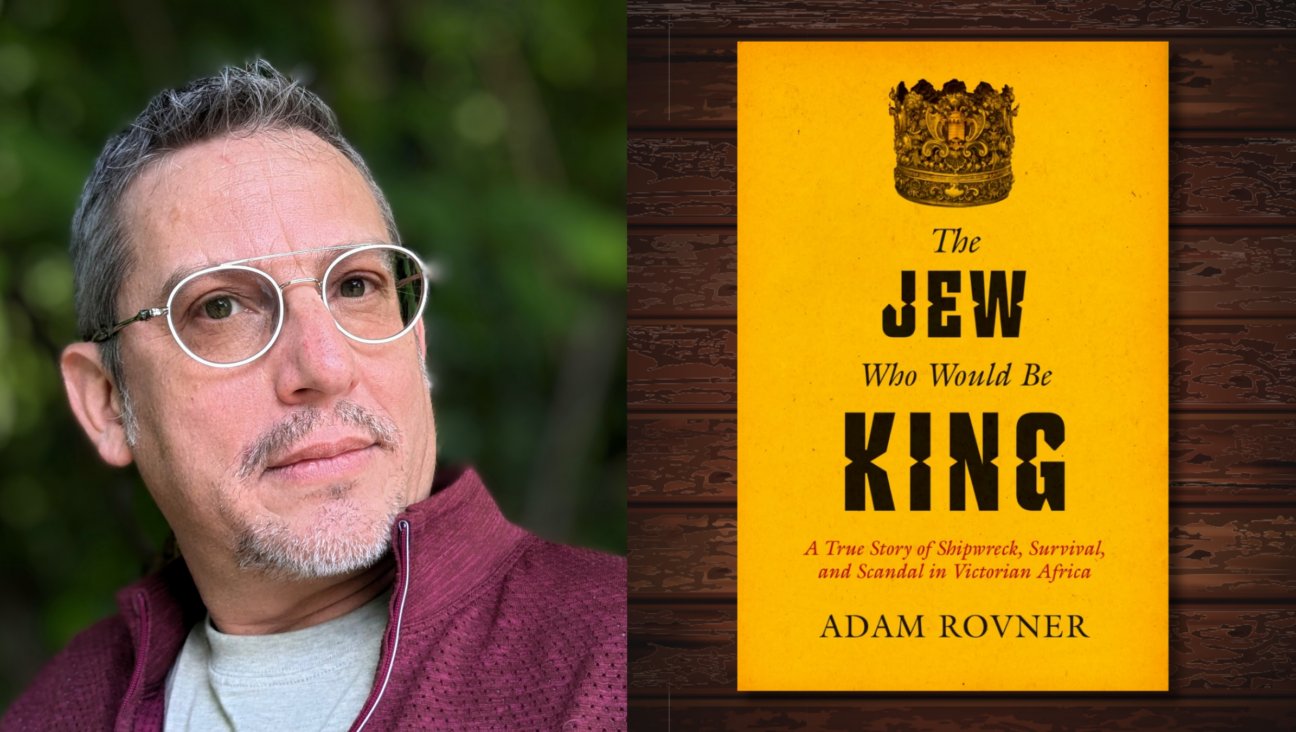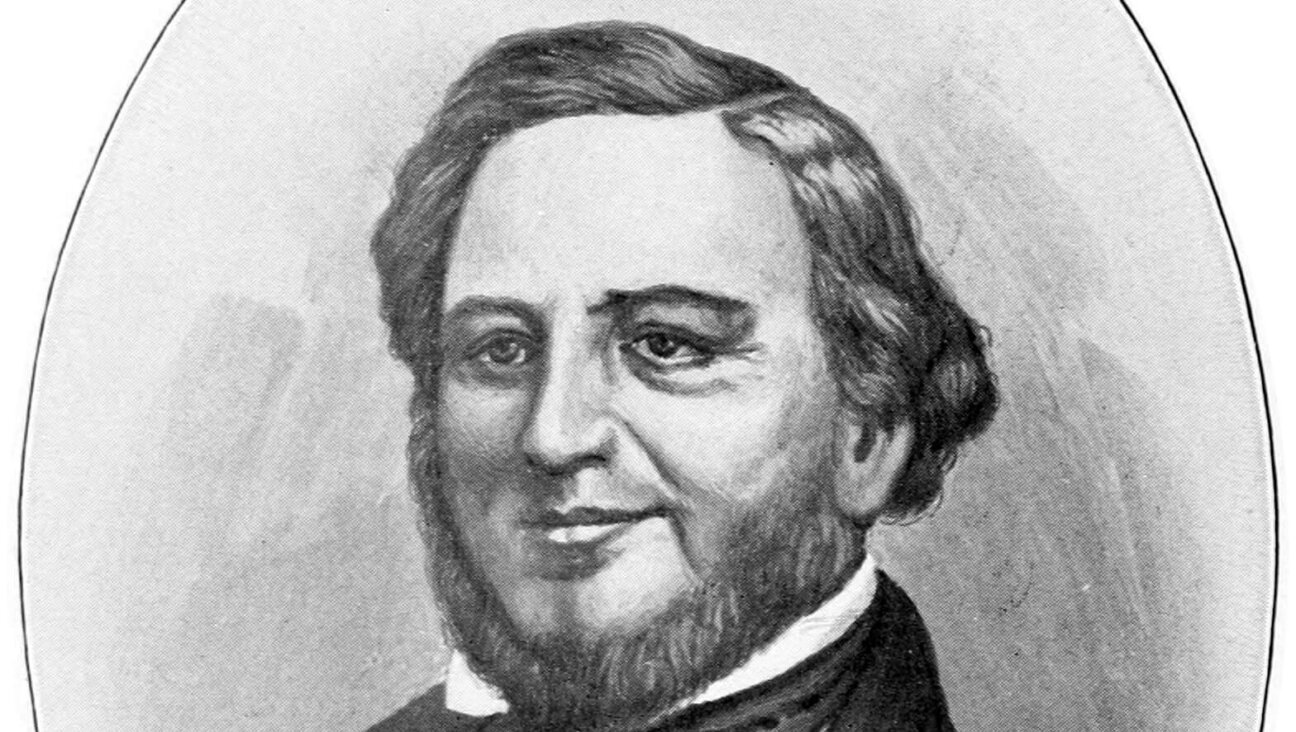Mark Twain, “Mishpocha,” and Me

In her previous posts, Erika Dreifus blogged on her upcoming panel at AWP, “Beyond Bagels and Lox,” and the inspiration for “Quiet Americans.” Her blog posts are being featured this week on The Arty Semite courtesy of the Jewish Book Council and My Jewish Learning’s Author Blog series. For more information on the series, please visit:

The online literary world has been atwitter (please pardon the pun!) about the changes — some are calling it censorship — that appear in a new edition that presents “updated” versions of Mark Twain’s classic novels, “Huckleberry Finn” and “The Adventures of Tom Sawyer.” The change that has attracted the most discussion is the new book’s replacement of the word “nigger” with “slave”; a second modification is the substitution of “Indian” for “injun.” (For general summaries, I’ll point you to news items from The New York Times and Publishers Weekly; for a sample of some of the commentaries, I recommend an AOL News column by Tayari Jones, a blog post by The Christian Science Monitor‘s Marjorie Kehe, and the multiple contributions featured within the NYT Room for Debate forum.)
I’ve followed the flurry of articles and commentaries with interest for many reasons. But here, I want to focus on one. It is both personal and professional, and it involves “Mishpocha,” the concluding story in my new collection of short fiction, “Quiet Americans.”
In “Mishpocha,” protagonist David Kaufmann, a son of Holocaust survivors, recalls an incident:
It had happened a few years earlier, when [he and his wife] had been visiting [their daughter] at school and spent an extra day and night in Boston on their own, and as they’d walked down a relatively quiet yet decidedly urban street after dinner, a group of teenagers — teenagers whom he’d instantly imagined must cause nightmares for their parents, tattooed teenagers with heads shaven and clothing ripped — strode up alongside them, their ringleader chanting, “KILL THE KIKES, KILL THE NIGGERS, KILL THE FAGS.” And David had seen his wife’s head turn toward them in outrage; he knew that in about one second she would open her mouth with the confidence of a woman with bloodlines rooted in the land of the free and the home of the brave, and so he’d yanked her arm — hard, harder maybe than he’d really had to — because what you learned from immigrant-survivor parents like his was that it was better to be quiet, better not to give crazy people any reason to get any crazier.
Many opponents to the changes to Twain’s work have argued that the word substitutions distort the historical record. As a nervous debut author in an era when using certain words can destroy a career, I draw encouragement from that stance. Because, despite the fact that fiction writers are often instructed not to counter criticisms of their work with the protest that “it really happened that way!”, I will say this about the fictional incident in “Mishpocha“: It really happened that way.
Not to David Kaufmann, of course. To me. And not in the 1880s. During the 21st century. And it happened in one of the most politically progressive communities in the United States: Cambridge, Massachusetts.
Recall, from yesterday’s post, that I am a granddaughter of German Jews who immigrated to the United States in the late 1930s. There’s little doubt that just as this family background has permeated my writing, it has influenced my personality and worldview. Which helps explain why, when those teenagers strode up beside me, and their ringleader recited that awful litany, I, an educated grown-up in her 30s, said nothing. Not one word.
Shortly thereafter (but still about two years before I began writing “Mishpocha“), I received a scholarship and traveled to Prague for a writing workshop. At some point — I no longer recall what prompted the discussion — I mentioned this deeply disturbing incident in class. My classmates, whose backgrounds reflected at least two and quite possibly all three of the groups targeted in the list of epithets, were outraged. But some of them seemed almost as upset with me — for having remained silent — as they were with the person who had uttered the words in the first place.
Absolution came from our remarkable workshop leader: Arnošt Lustig. He listened to me, and he listened to my classmates. And then, this man — who survived Theresienstadt, Auschwitz, and Buchenwald — said that yes, one must fight back. But, he said, one must also live. (I cannot mention Arnošt Lustig without recommending his extraordinary novel, translated as “Lovely Green Eyes,”which I read in Prague that summer. I treasure my autographed copy.)
Six of my collection’s seven stories have been published previously. Only “Mishpocha” is appearing for the first time, which means that no magazine or journal editors (or paying readers) have yet bothered to take issue with my choice to repeat the same terrible words on the page that I heard on the street. My publisher raised no objections, so to some extent, I had stopped worrying about how this element of the story might be received, and how I might respond to any criticisms it might evoke.
Until now. I harbor no illusions: I’m no Mark Twain, protected partially by virtue of my historical reputation. I’m just a debut author with a book of short stories published by a brand-new press hardly anyone has heard of. But I hope that the support that Twain is receiving now from those who, for a variety or reasons, don’t want to see his writing expurgated will extend to my work, and to me.
Erika Dreifus‘ first book, “Quiet Americans,”is now available.
MyJewishLearning.com is the leading transdenominational website of Jewish information and education. Visit My Jewish Learning for thousands of articles on Judaism, Jewish holidays, Jewish history, and more.
The Forward is free to read, but it isn’t free to produce

I hope you appreciated this article. Before you go, I’d like to ask you to please support the Forward.
Now more than ever, American Jews need independent news they can trust, with reporting driven by truth, not ideology. We serve you, not any ideological agenda.
At a time when other newsrooms are closing or cutting back, the Forward has removed its paywall and invested additional resources to report on the ground from Israel and around the U.S. on the impact of the war, rising antisemitism and polarized discourse.
This is a great time to support independent Jewish journalism you rely on. Make a gift today!
— Rachel Fishman Feddersen, Publisher and CEO
Support our mission to tell the Jewish story fully and fairly.
Most Popular
- 1

Fast Forward Ye debuts ‘Heil Hitler’ music video that includes a sample of a Hitler speech
- 2

Opinion It looks like Israel totally underestimated Trump
- 3

Culture Is Pope Leo Jewish? Ask his distant cousins — like me
- 4

Fast Forward Student suspended for ‘F— the Jews’ video defends himself on antisemitic podcast
In Case You Missed It
-

Fast Forward For the first time since Henry VIII created the role, a Jew will helm Hebrew studies at Cambridge
-

Fast Forward Argentine Supreme Court discovers over 80 boxes of forgotten Nazi documents
-

News In Edan Alexander’s hometown in New Jersey, months of fear and anguish give way to joy and relief
-

Fast Forward What’s next for suspended student who posted ‘F— the Jews’ video? An alt-right media tour
-
Shop the Forward Store
100% of profits support our journalism
Republish This Story
Please read before republishing
We’re happy to make this story available to republish for free, unless it originated with JTA, Haaretz or another publication (as indicated on the article) and as long as you follow our guidelines.
You must comply with the following:
- Credit the Forward
- Retain our pixel
- Preserve our canonical link in Google search
- Add a noindex tag in Google search
See our full guidelines for more information, and this guide for detail about canonical URLs.
To republish, copy the HTML by clicking on the yellow button to the right; it includes our tracking pixel, all paragraph styles and hyperlinks, the author byline and credit to the Forward. It does not include images; to avoid copyright violations, you must add them manually, following our guidelines. Please email us at [email protected], subject line “republish,” with any questions or to let us know what stories you’re picking up.















